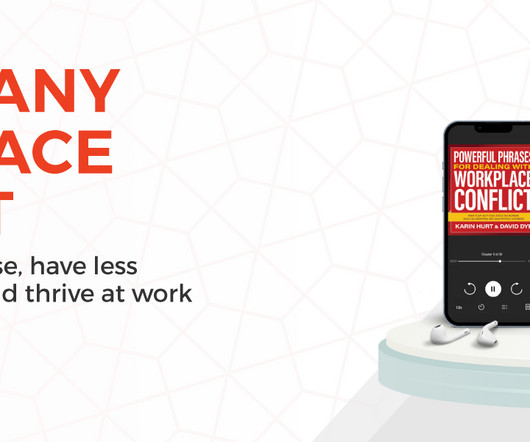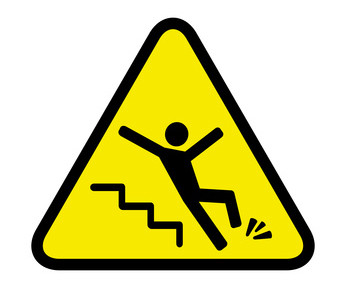Compliments, Criticism and Relationship
Lead Change Blog
JUNE 22, 2017
An important task you have as a leader is to give compliments and know how to deal with criticism. Compliments motivate; criticism has a negative effect on relationships. And good relationships already facilitate an environment in which the other is more willing to do things differently.










































Let's personalize your content